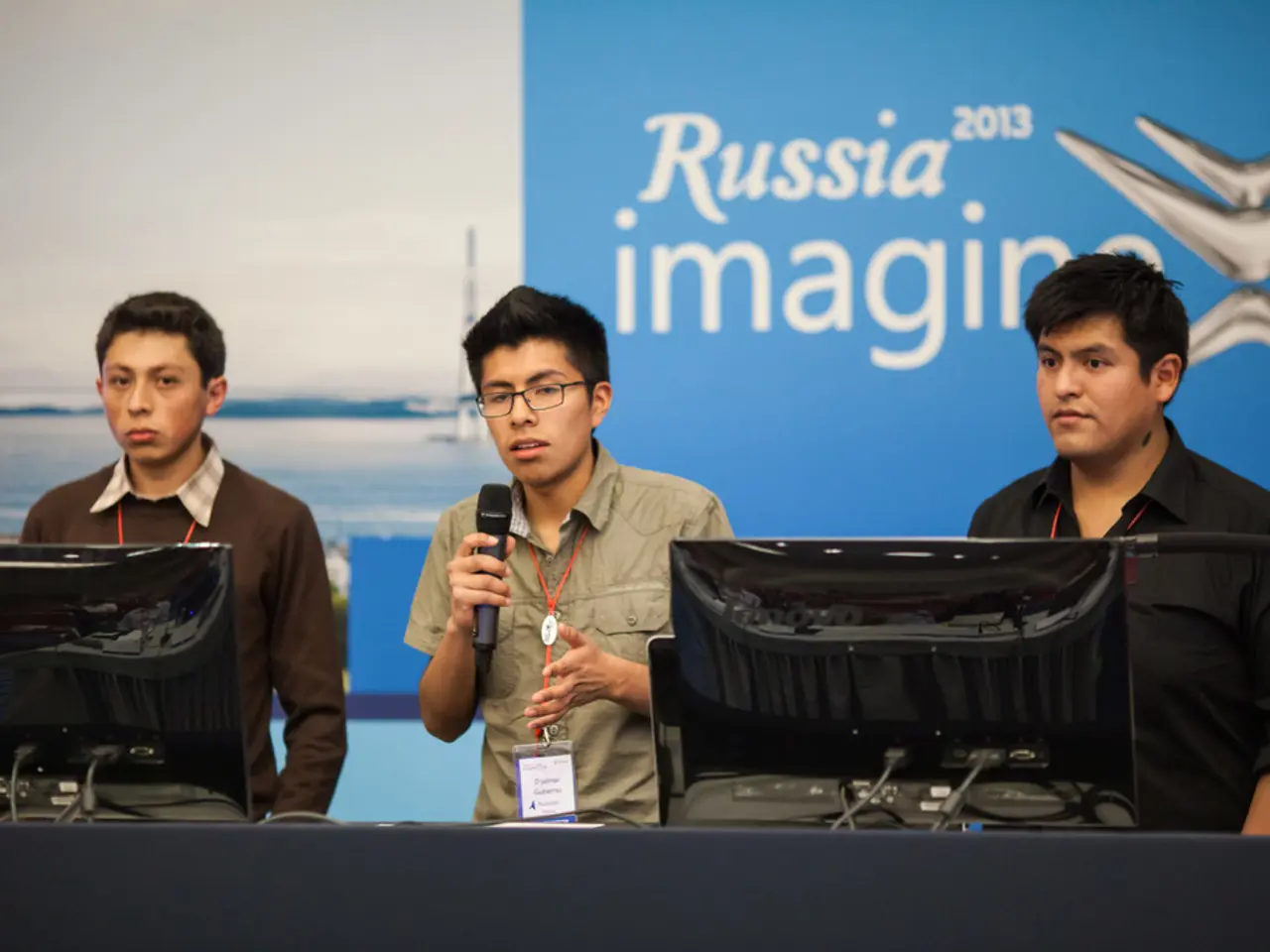"Safety and security are crucial for the success of European industries"
In a series of recent speeches, Dirk Schumacher, the Chief Economist at KfW, has outlined a number of proposals aimed at strengthening Europe's economy and countering Chinese competition.
Schumacher emphasizes the importance of focusing on high-value sectors such as machine engineering, specialty chemicals, optics, and pharmaceuticals in order to bolster Europe's industrial base. He also proposes tariffs or protective measures for European industries in these sectors to ensure their competitiveness.
One of Schumacher's key suggestions is for Europe to enforce agreements and impose sanctions if necessary to prevent individual EU countries from taking a less restrictive course in return for Chinese investments. He also calls for closer cooperation among European countries to counter China's technological advancement and lower production costs.
Another area of concern for Schumacher is the lack of transparency in the education sector, which he believes is partly due to the states not providing sufficient data. He also suggests that Europe should work together more to act as a reliable partner and reduce its dependence on the U.S.
Schumacher also addresses the issue of skilled worker shortages in Europe. He notes that Germany will not be able to meet its demand for skilled workers through training alone due to demographic changes. To alleviate this problem, he proposes increasing funding for start-ups and growing companies in Europe to boost productivity growth.
In addition, Schumacher advocates for a radical reduction in bureaucracy and tariffs against China to strengthen Germany's location. He also suggests lowering barriers for hiring skilled workers from abroad, such as abolishing qualification checks and language skills requirements.
However, it's worth noting that the specific tariff proposals advocated by Schumacher for the protection of European industry against Chinese competition are not explicitly mentioned in the documents currently available.
Schumacher also highlights the need for more flexibility in the labor market to facilitate faster knowledge transfer and higher productivity growth. However, he cautions that this could potentially lead to a loss of incentive for companies to invest in training due to employee turnover.
The KfW's current forecast for economic growth next year is 1.0%, but Schumacher believes it may be adjusted upward. He also points out that the infrastructure in Germany is poor, making it difficult for many people to work full-time, which significantly impacts the economy.
Schumacher also addresses the issue of the quality of trainees in Germany, with many companies complaining about the problem of ghosting. He suggests that Europe should work together more to address this issue and ensure that trainees are properly prepared for the workforce.
Overall, Schumacher's proposals highlight the need for Europe to take a more proactive approach to countering Chinese competition and boosting its own economy. By focusing on high-value sectors, reducing bureaucracy, and increasing cooperation among European countries, Schumacher believes that Europe can strengthen its position in the global economy.








